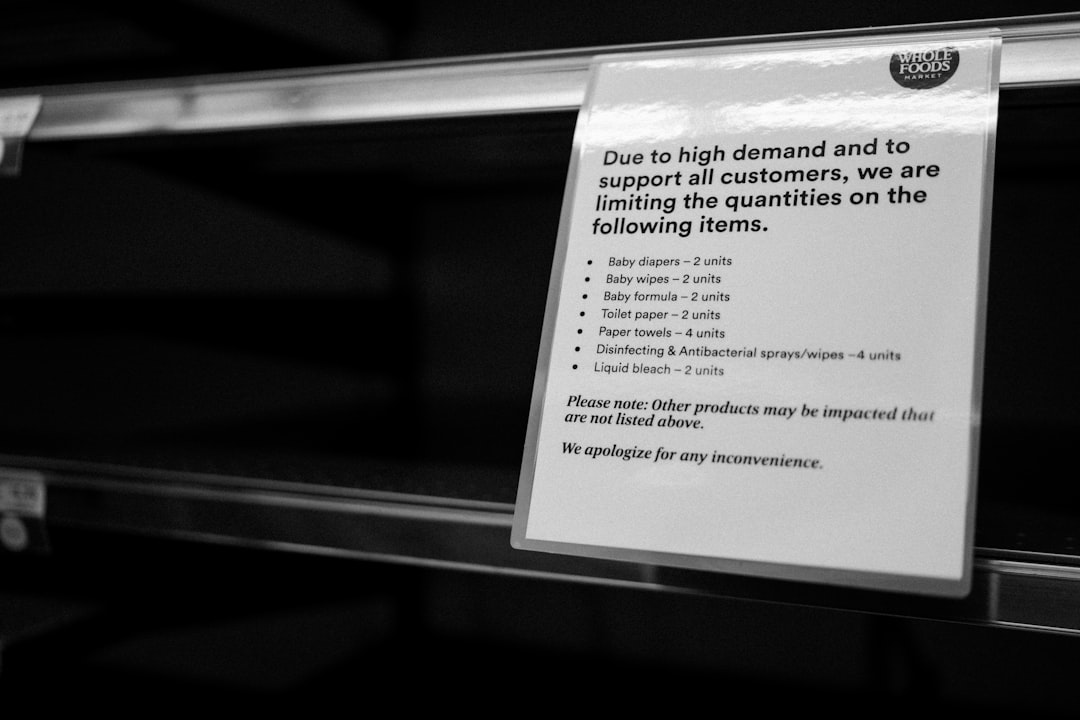Pi AI, developed by Inflection AI, is an increasingly popular artificial intelligence chatbot designed to act as a personal assistant and conversational companion. As with any digital assistant, questions about privacy, data storage, and whether conversations are being monitored or reported naturally arise. In this article, we’ll dive into what Pi AI does with your conversations, how data is handled, and what users need to know to make informed decisions about using this technology.
Understanding How Pi AI Works
Pi AI, or “Personal Intelligence AI”, engages with users through text or voice conversations, aiming to provide helpful, friendly interactions. It functions similarly to assistant tools like ChatGPT, Siri, or Google Assistant, but with a focus on emotional intelligence and long-form conversation. As it provides detailed, context-aware replies, Pi AI builds a memory of your interactions to serve you better.
However, that naturally raises a few concerns: is this memory permanent? Are your conversations stored forever or reviewed by people? Does the platform report any data externally? To answer these questions, we must look into how Inflection AI has designed the architecture and privacy policies of Pi AI.
Does Pi AI Store Your Conversations?
Yes, to a certain extent, Pi AI does store user conversations. As with many current AI models, storing past exchanges allows the tool to improve context-aware interactions. For users, the benefit is clear: over time, Pi AI can “remember” preferences, previous topics discussed, and even your communication style to offer a more personalized experience.
According to Inflection AI’s privacy policy, conversation data is stored and may be used to enhance AI performance, debug errors, and personalize your experience. However, Inflection stresses that conversation data is kept confidential and is not used for advertising purposes.

It’s important to note that conversation history typically isn’t indefinitely stored in a raw form. Data anonymization and encryption methods are implemented to meet basic data security standards. However, users cannot assume complete privacy, particularly if they’re discussing highly sensitive information.
Does Pi AI Report Your Conversations?
No, Pi AI does not “report” user conversations in the conventional sense. There is no external organization or individual receiving regular reports about user interactions. That said, conversation logs can be accessed internally under certain conditions:
- For technical support or debugging.
- To review flagged content that violates community guidelines or terms of service.
- In case of legal obligations, such as a court subpoena.
Like other AI platforms, Pi AI includes security protocols to detect and possibly restrict harmful behavior. This can include using AI classifiers to detect hate speech, threats of violence, or illegal activity. In such cases, internal teams may review flagged exchanges.
Who Can Access User Data?
Inflection AI maintains that only authorized personnel—typically engineers and data scientists involved in product development—are permitted to access aggregated or anonymized data sets. Sensitive data is not broadly shared across teams, and data reviewed is usually stripped of identifying metadata unless legally necessary.
Additionally, Inflection has emphasized its commitment to not selling data to third-party advertisers or data brokers. That said, transparency about what data is stored—and for how long—is not always crystal clear.

How Long Is Conversation Data Kept?
Data retention policies are dependent on many factors, including legal requirements and system needs. While Inflection has not specified a defined duration for how long user data is maintained, most similar platforms retain data for months or years to train future models unless a user deletes it.
A feature currently missing from Pi AI is manual data deletion. While some competitors like ChatGPT offer users the ability to delete history or disable memory entirely, Pi AI does not yet support such granular control. However, privacy-focused users can always contact customer support to request data deletion.
Tips for Using Pi AI Safely
Though the platform incorporates privacy measures, users should still be mindful of the kind of information they share with Pi AI. Here are some best practices to follow:
- Do not share personal sensitive information such as banking data, passwords, or confidential business documents.
- Use pseudonyms when referencing real people.
- Review privacy policies periodically as they may change.
- Request data deletion when discontinuing use of the platform.
By approaching the use of AI tools with a cautious and informed mindset, users can enjoy the benefits of Pi AI without unnecessary vulnerability.
Legal and Ethical Considerations
Legally, Inflection AI is bound by data protection laws in the jurisdictions in which it operates, such as GDPR in Europe and CCPA in California. These laws grant users rights over their data, including the right to know what data is collected and how it is used.
Ethically, much of the burden is on developers and users alike. Developers must create systems that are transparent, secure, and fair. Meanwhile, users must recognize that any digitally stored data can become a vulnerability over time, particularly in cases of server breaches or policy changes.
Will Pi AI Always Track Conversations in the Future?
This remains unknown. With AI models evolving rapidly, it’s possible that future iterations of Pi AI will allow greater control over memory and retention. Some other platforms have already introduced features like an “incognito mode” for anonymous conversations. User demand often drives these developments, so it’s crucial for users to vocalize their preferences to developers.
Summary
Pi AI does temporarily store conversations to improve user experience, but conversations are not reported externally unless necessary due to legal or policy violations. Inflection AI emphasizes privacy and data anonymization, though users should always practice caution while using digital assistants. Transparency about data use is improving, but users still need to closely monitor changes to privacy policies and push for expanded control over their data.

FAQs
- Q: Does Pi AI store everything I say?
A: Yes, Pi AI stores conversations to personalize communication and train models, but the data is anonymized and not used for advertising. - Q: Can I delete my conversation history?
A: Currently, Pi AI does not offer a direct way to delete conversation history from the user interface, but you can contact support for data deletion requests. - Q: Are my conversations with Pi AI monitored by humans?
A: Most conversations are not monitored in real-time. However, flagged content may be subject to internal review to ensure platform safety and compliance. - Q: Does Pi AI report my data to third-parties?
A: No. Inflection AI does not sell or report your information to advertisers or external organizations for commercial purposes. - Q: How is my data protected?
A: Pi AI uses standard encryption and access control measures. Only authorized staff can access stored data, and that data is anonymized wherever possible. - Q: Will Pi AI offer a private mode in the future?
A: It’s unclear, but based on market trends, features like memory control or “no history” modes may be implemented if enough user demand arises.
